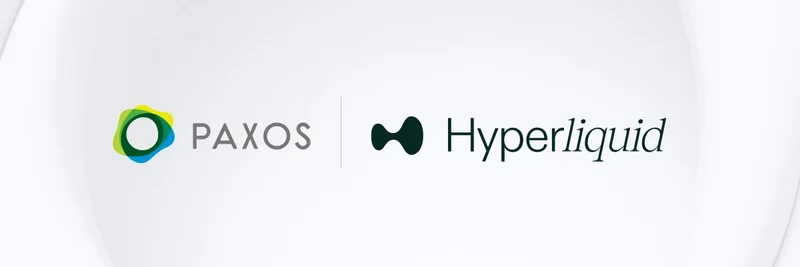In the fast-evolving world of decentralized finance (DeFi), stablecoins play a crucial role as reliable anchors amid volatile crypto markets. They're digital assets pegged to fiat currencies like the US dollar, making them essential for trading, lending, and other blockchain activities without the wild price swings of tokens like Bitcoin. Recently, the spotlight has turned to Hyperliquid, a high-performance blockchain platform known for its speed and efficiency in handling perpetual futures and other DeFi applications. Their native token, HYPE, has been on a tear, hitting new all-time highs amid exciting developments.
Enter Paxos, a New York-based fintech powerhouse renowned for issuing regulated stablecoins such as PayPal USD (PYUSD) and PAX Gold (PAXG). On September 6, 2025, Paxos announced a proposal to issue USDH, Hyperliquid's first native stablecoin. This move could transform the ecosystem by providing global, compliant issuance that's "GENIUS compliant" (a nod to robust governance and security standards), revenue sharing to fuel HYPE buybacks, protocols, and validators, plus regulatory clarity to support Hyperliquid's rapid expansion.
But what's the story behind this proposal? A recent interview on The Rollup, a popular podcast diving deep into digital assets, featured Bhaumik Koticha, co-founder of Paxos Labs. Koticha, with his earpiece in and a backdrop of a sunny Florida window, opened up about the gritty realities of launching stablecoins. "We learned it's very hard to do stablecoin issuance," he candidly shared. "Launching is just day one."
Koticha emphasized the heavy lifting involved in regulation and infrastructure. Paxos has spent years navigating the complex world of banking partnerships and compliance to ensure their stablecoins are trustworthy and scalable. "We do the hard work of getting regulated and banking infrastructure set up," he explained. This expertise is what Paxos brings to the table for USDH, combining it with the innovative team at Paxos Labs, which they onboarded to push boundaries in blockchain tech.
The proposal isn't just about issuance—it's about ecosystem growth. Paxos plans to allocate a whopping 95% of interest earnings from USDH reserves toward buying back HYPE tokens and funding community initiatives. This could supercharge Hyperliquid's appeal to institutional investors and big fintech players, helping it evolve from a niche DeFi spot into a global powerhouse. As Koticha noted, they started brainstorming this at the end of last year, positioning Paxos as the perfect partner to handle the "hard stuff" that gets projects to launch day.
This isn't a solo act, though. The race for USDH is heating up with competitors like Frax Finance and Agora also submitting bids. Frax, known for its algorithmic stablecoin model, and Agora, backed by players like MoonPay, are vying for the contract to manage what could be nearly $5 billion in reserves. Community reactions are mixed—some praise the innovation, while others raise concerns about centralization, especially with links to traditional finance giants like Stripe in one of the proposals.
For blockchain practitioners and meme token enthusiasts alike (yes, even in the wild world of memes, stable liquidity is king), this development underscores the blending of regulated finance with DeFi. Hyperliquid's auction for USDH could pressure established players like Circle's USDC, potentially reshaping revenue streams in the stablecoin space. As Koticha put it, "Our position is bringing together Paxos's regulated expertise... with the team that we brought on in @paxoslabs."
If you're tracking the latest in crypto infrastructure, keep an eye on Hyperliquid's updates and Paxos' announcements. This proposal could be a game-changer, making DeFi more accessible and compliant for everyone from retail traders to institutional heavyweights. What do you think—will Paxos clinch the deal? Share your thoughts in the comments!



